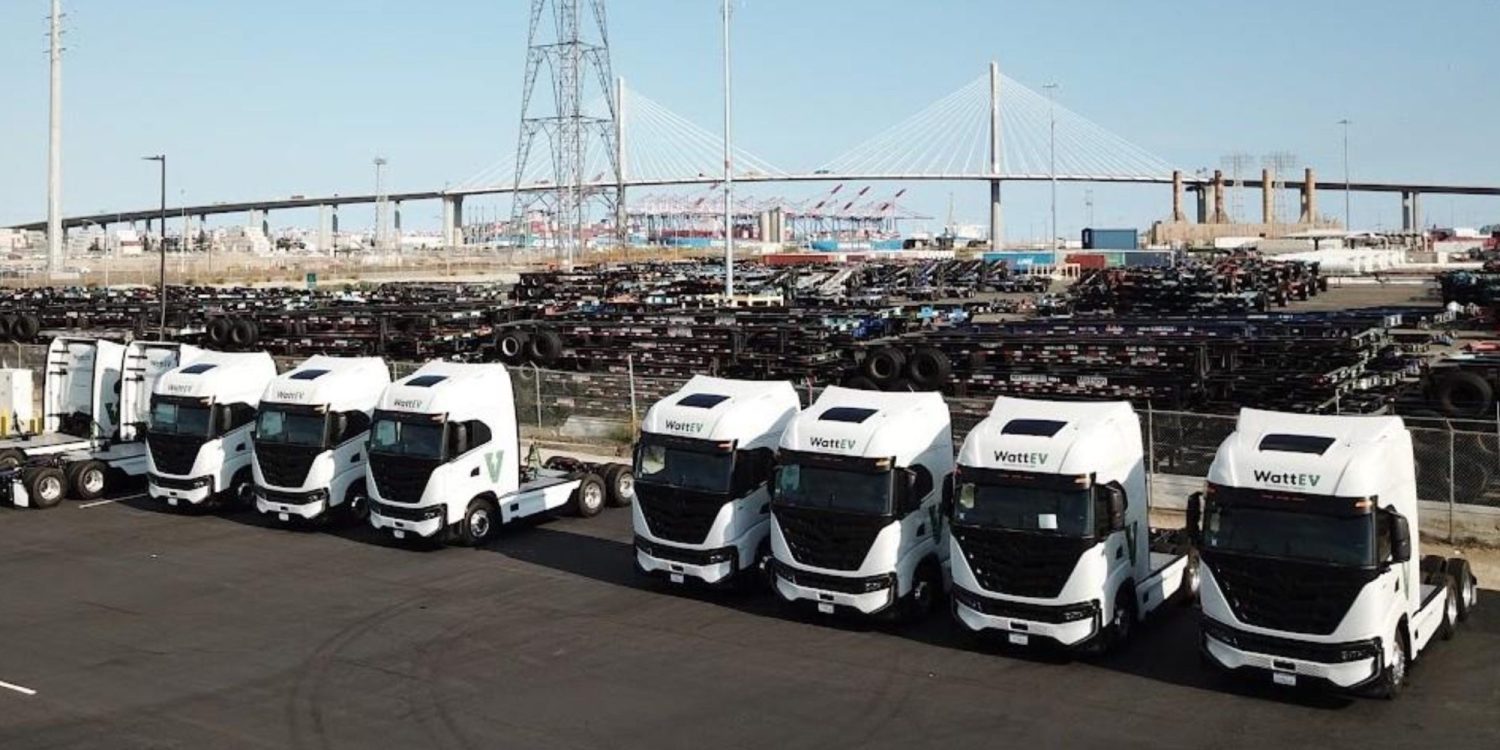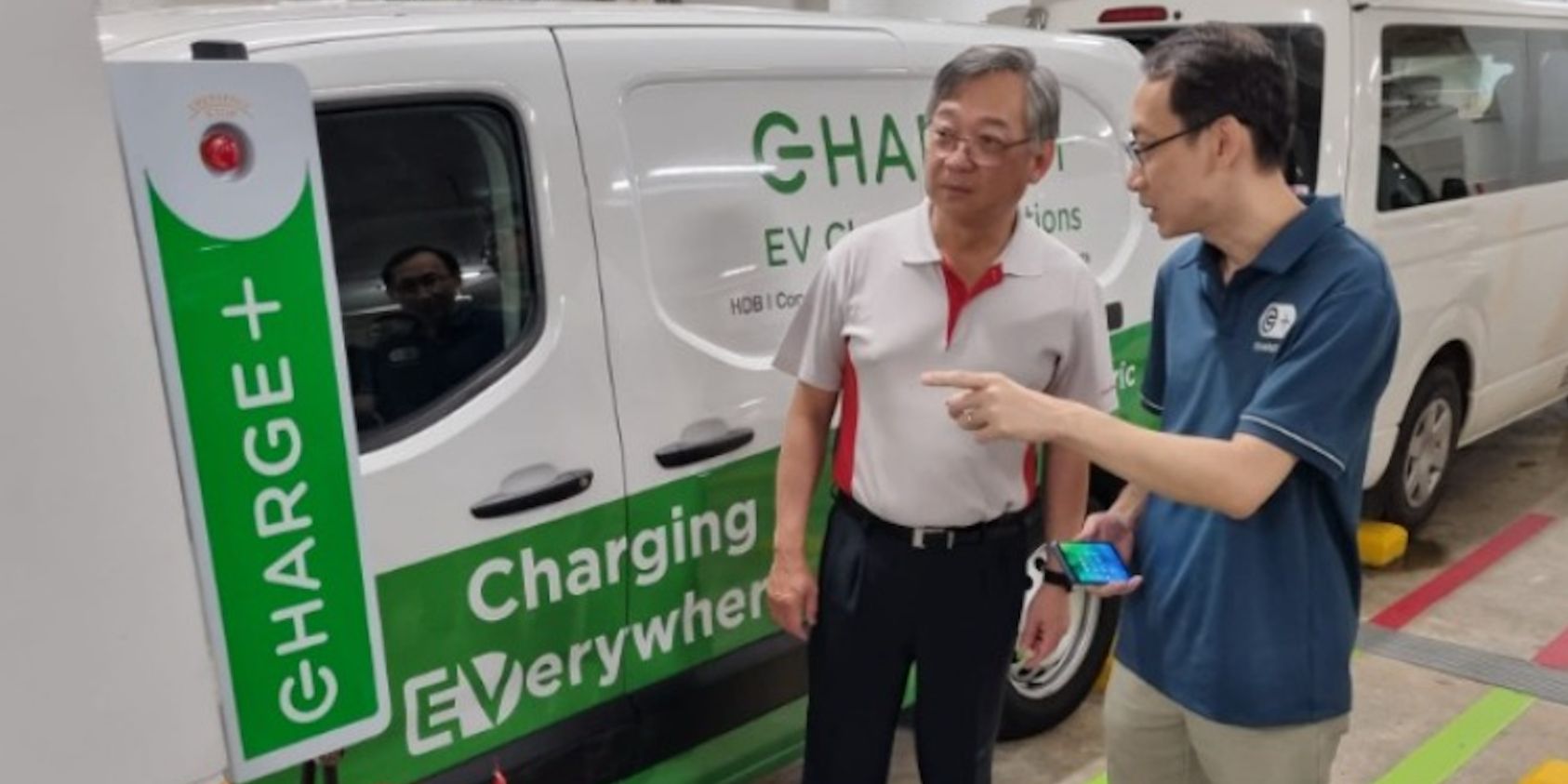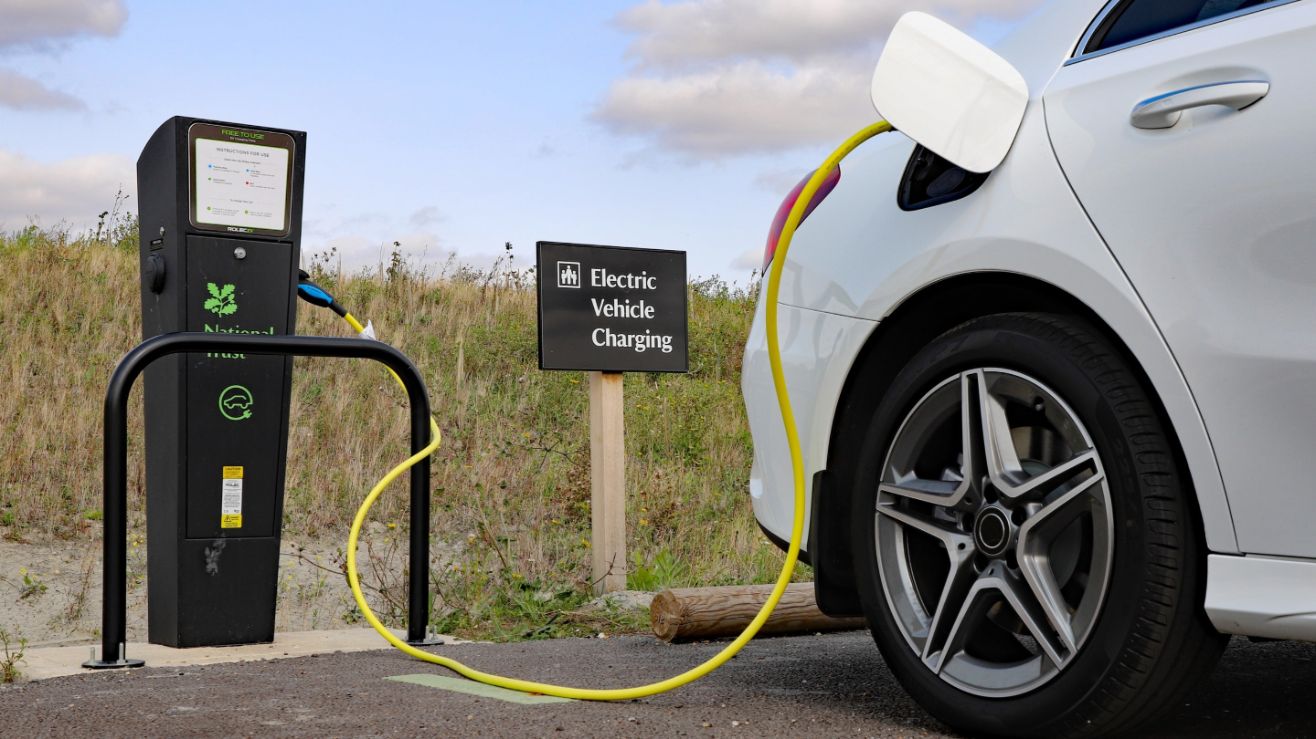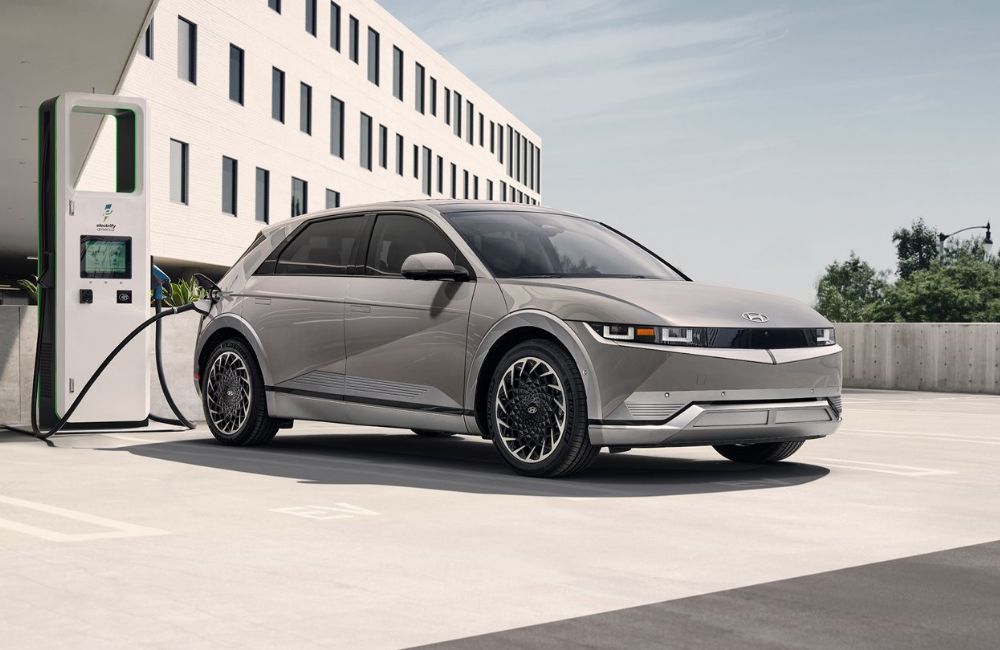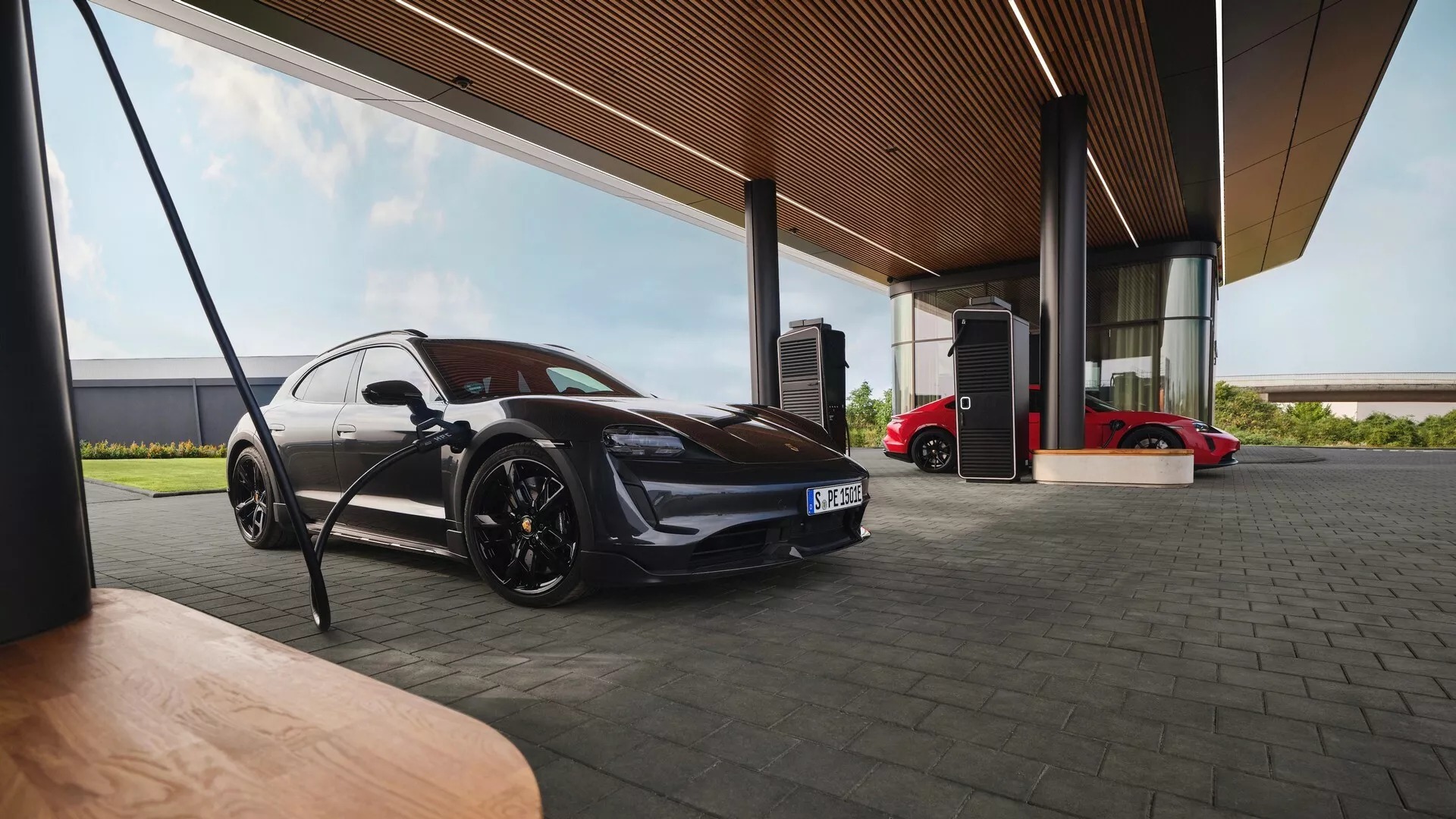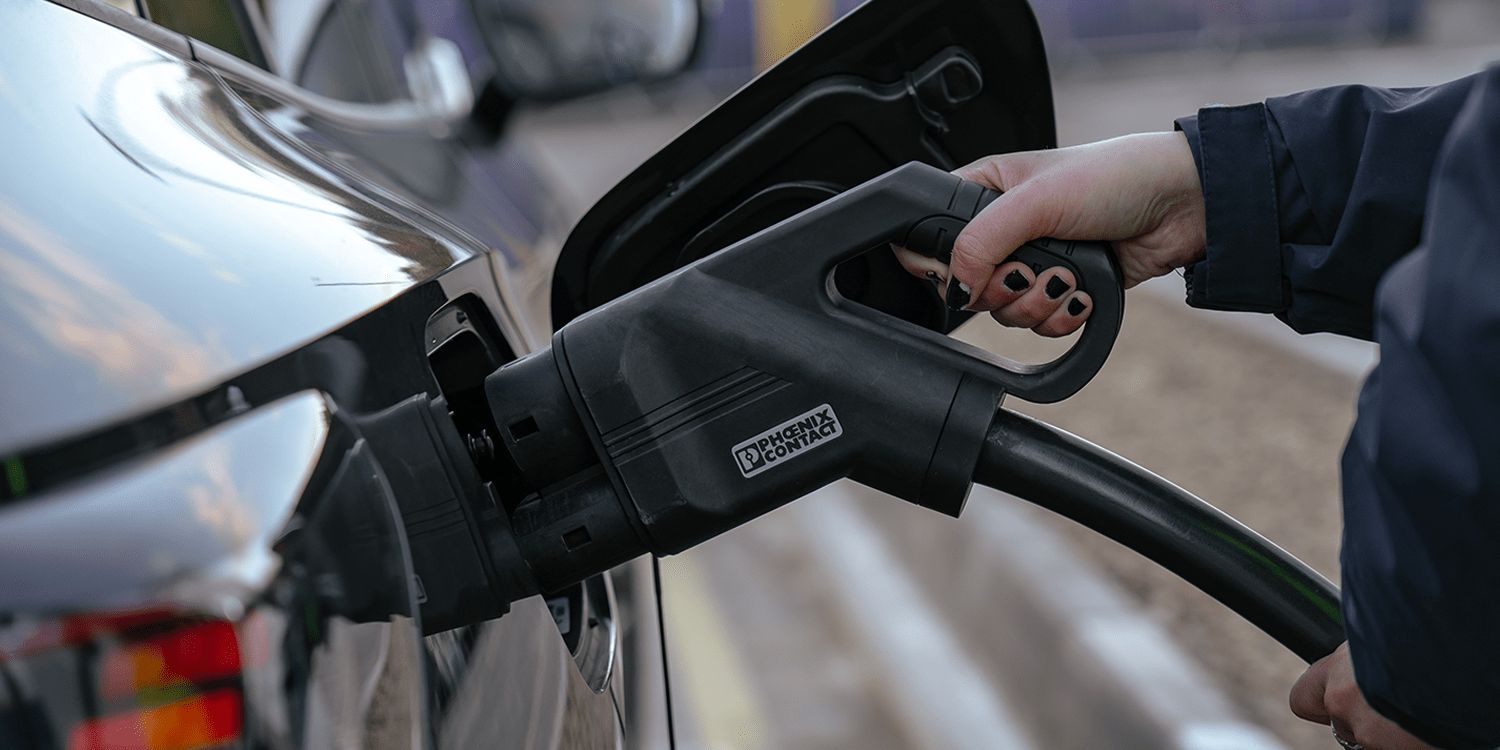WattEV, an electric vehicle charging company, has achieved a significant milestone by inaugurating a 26-port charging depot directly at the Port of Long Beach, solidifying its position as the nation’s largest heavy-duty public access charging station. This strategic move comes as California pushes forward with stringent truck emissions regulations, targeting a complete transition to electric drayage trucks by January 1, 2024, a mere six months from now.
The Ports of Long Beach and Los Angeles jointly represent the Western Hemisphere’s busiest container ports, accounting for a staggering 40% of the nation’s containerized imports. However, the extensive trucking activity in the area has led to alarming air quality issues, exacerbated by diesel-powered trucks contributing to smog. The repercussions are felt keenly in the LA Metro area, where onshore winds blow the pollution into the surroundings, affecting the lives and well-being of approximately 13 million residents.
See also: Volvo Trucks recieves order of 50 Volvo VNR electric trucks for WattEV TaaS
To address this pressing concern, California has introduced ambitious new truck emissions rules, necessitating a rapid shift towards electric drayage trucks. As a crucial part of this initiative, WattEV’s charging depot aims to meet the demanding energy requirements of the approximately 20,000 trucks registered at the Port of Long Beach. Looking ahead, the state will need a staggering 160,000 truck chargers to support the anticipated 180,000 electric trucks by 2045, achieving a zero-emissions trucking industry.
The recently opened charging depot features 13 dual-cord 360 kW CCS chargers, boasting a total capacity of 5 MW. Notably, WattEV has already planned for the future, with intentions to expand capacity further with an additional 8 MW once the “Megawatt Charge System” (MCS) is rolled out, expected to coincide with the arrival of compatible trucks around 2026. The charging process currently takes around 2-3 hours, offering a significant improvement compared to the standard 30-45 minute diesel truck stop breaks.
WattEV is at the forefront of promoting their “truck-as-a-service” concept, revolutionizing the electric trucking industry by offering set-price operations with reduced startup costs. While electric trucks are more expensive to purchase initially than their diesel counterparts, they ultimately offer lower long-term running costs and total ownership expenses. This approach seeks to overcome the prohibitive startup costs, especially for small owner-operators who constitute a considerable portion of the trucking industry.
It is worth noting that while there are larger electric truck charging stations, such as the recent 32-port station established by Schneider, these facilities are “behind-the-fence” and reserved for private fleets. In contrast, WattEV’s charging depot remains accessible to the public, accepting credit card payments for opportunity charging by other electric trucks operating at the Port of Long Beach.

